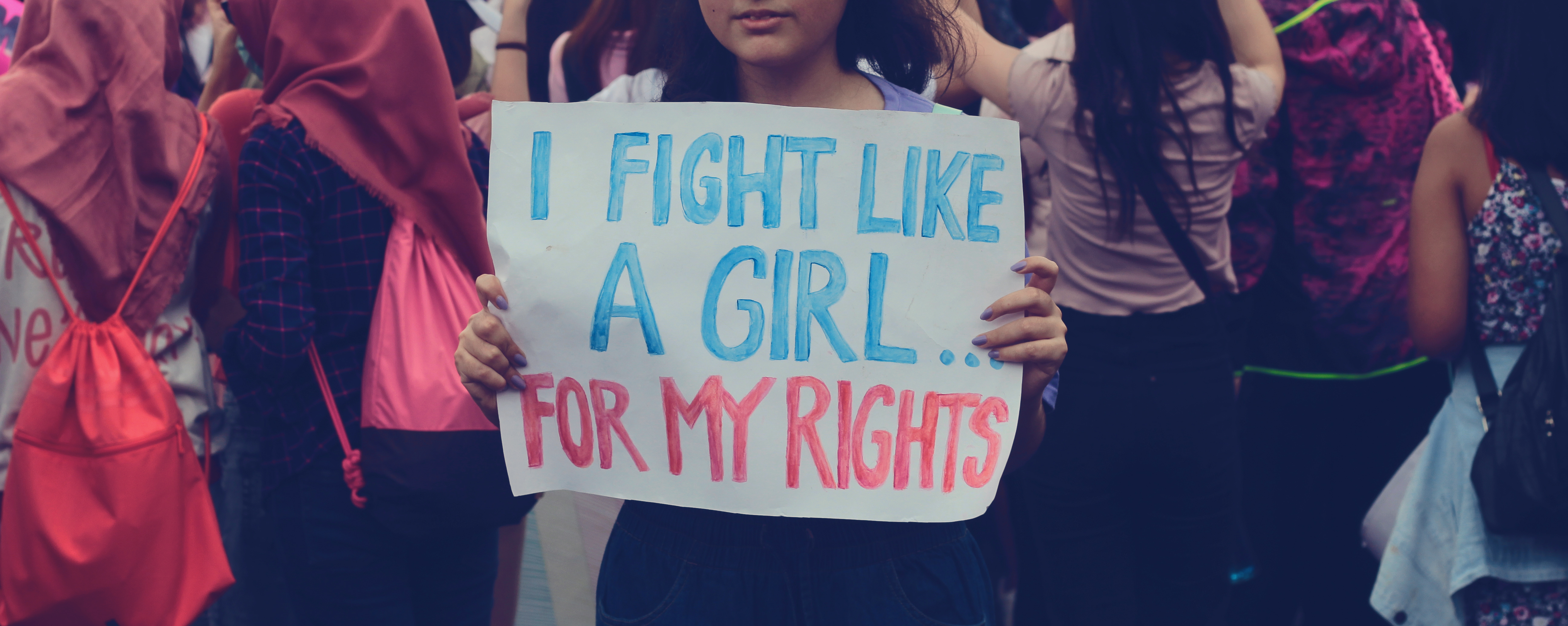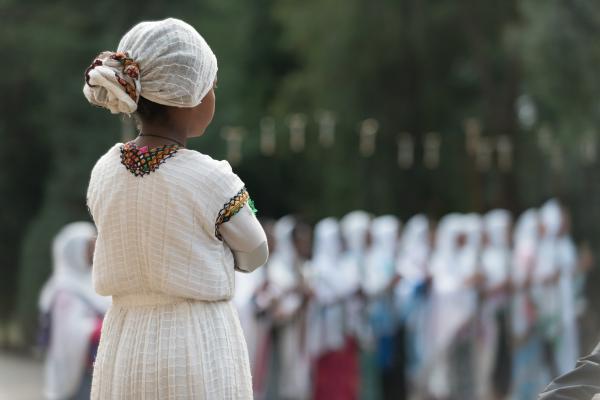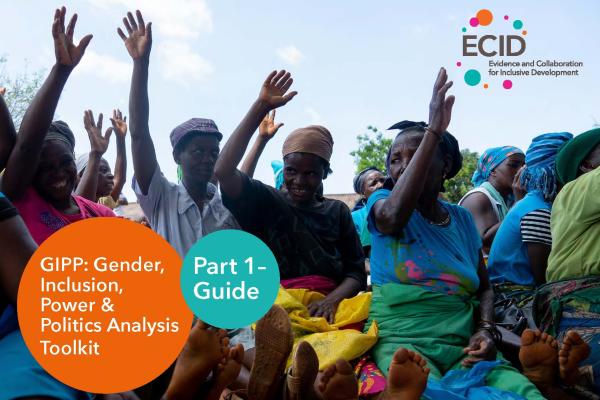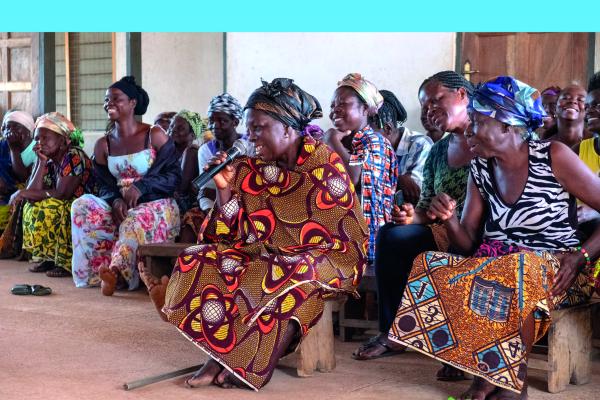Equitable partnerships for locally led, globally connected development
By Barry Smith, SDDirect Associate and Senior Partnership Advisor
Our societies are marked by stark inequality and the exclusion of different people, including women and girls, people with disabilities, LGBTQI+ people, and ethnic and religious minorities.
At SDDirect, we work with communities, civil society, governments, businesses and others to foster a culture of active citizenship and greater accountability of all those who hold power.

We work to build inclusive societies where every citizen and community is valued and empowered to make their own choices about their development, act on these choices, and hold duty-bearers to account.
By applying a gender equality and social inclusion (GESI) lens, poor and socially excluded people can be better supported to access and claim knowledge, resources, rights and services. This allows them to participate in public life and build fairer, more inclusive communities and become active agents of change.
Our work is technically focused and grounded in practice which is objective and unbiased. Key products and services include:
Gender equality and social inclusion (GESI) analysis, strategy development, training and implementation support
GESI-aware political economy analysis (PEA), including SDDirect’s Gender, Inclusion, Power & Politics (GIPP) analysis
Design and advisory support to active citizenship, community voice and participation, and social accountability initiatives
Fast response ‘helpdesk’ facilities to provide the latest available evidence and analysis on key issues and questions
Disability inclusion mainstreaming, research, review, and analysis
Facilitation and advisory support to more inclusive and equitable development partnership-building
Development of ethical, ‘do no harm’ and safeguarding frameworks
Stakeholder mapping, engagement, and facilitation of multi-stakeholder dialogue
Monitoring, evaluation and learning (MEL) for governance-related programmes
Inclusive services, including promoting access to education and health services, including sexual and reproductive health and rights.
We provide technical leadership on GESI in governance programmes, including developing GESI strategies and promoting GESI mainstreaming throughout programmes. We take an innovative ‘looking inwards and outwards’ approach, working on GESI inclusion within our partnerships and consortiums as well as our programme work.
We deliver GIS programming in a diverse range of country contexts, including development and emergency settings. We take an intersectional approach to understanding and challenging the structural barriers that people face to social inclusion, including discrimination based on gender, age, disability, sexual orientation, socio-economic status, and other factors.
If you would like to hear more about our work on Governance and Inclusive Societies (GIS), please reach out to Emma Haegeman, Head of Governance and Inclusive Societies Portfolio, EmmaHaegeman@sddirect.org.uk
By Barry Smith, SDDirect Associate and Senior Partnership Advisor
This case study shares insights and lessons learned from the use of equitable partnership tools as part of the Supporting Survivors of Sexual Exploitation, Abuse and Sexual Harassment (SEAH) programme in Malawi.
This case study presents an overview of Asylum Access’ work on equitable partnerships, including tools developed, and lessons learned from these efforts.
This case study presents an overview of the equitable partnership principles and approach adopted by What Works II, including opportunities, challenges, and lessons learned.
This resource offers practical, experience-based guidance on GEDSI mainstreaming in practice showing how to move from strong analysis to lasting change in policies, systems and programmes.
On UK PACT, we hold monthly GEDSI Learning and Leadership Hub sessions as an opportunity for everyone involved in UK PACT to share highlights, lessons learned, and challenges overcome on GEDSI mainstreaming. Here you can find key learnings from previous sessions.
On UK PACT, we hold monthly GEDSI Learning and Leadership Hub sessions as an opportunity for everyone involved in UK PACT to share highlights, lessons learned, and challenges overcome on GEDSI mainstreaming. Here you can find key learnings from previous sessions.
On UK PACT, we hold monthly GEDSI Learning and Leadership Hub sessions as an opportunity for everyone involved in UK PACT to share highlights, lessons learned, and challenges overcome on GEDSI mainstreaming. Here you can find key learnings from previous sessions.


